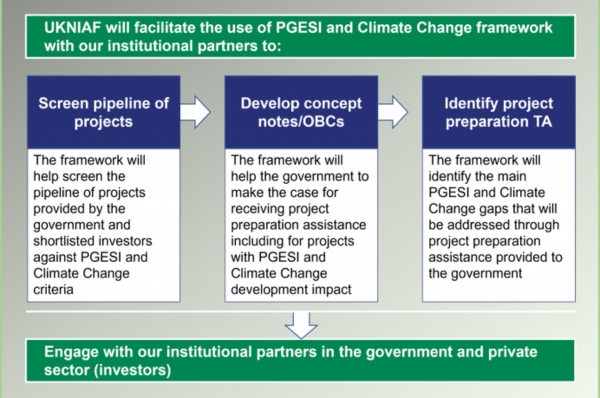
by UKNIAF Admin | Jul 23, 2021 | Blog, Knowledge Hub, Poverty & Gender, Stories of Change
There is a growing global demand for investments that provide environmental benefits (green finance) and are gender-responsive, while expanding access and opportunities for those at the bottom of the pyramid. This demand is seen across asset classes and investor...
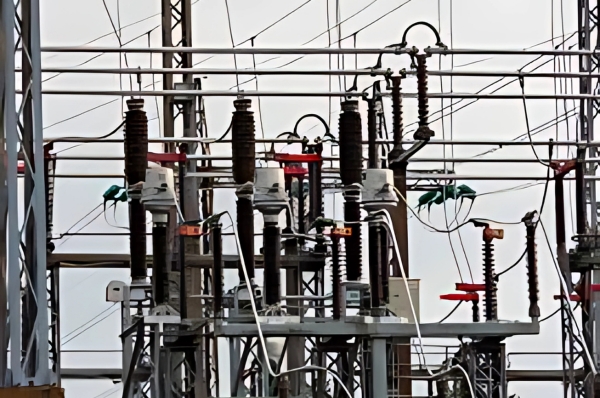
by UKNIAF Admin | Jul 23, 2021 | Blog, Knowledge Hub, Power, Stories of Change
Usually, when you buy something to use, you know how much you are buying, and so you know how much to pay. But what if you don’t know how much you have used? Then how do you know how much to pay? This is the situation in which many Nigerian electricity users find...
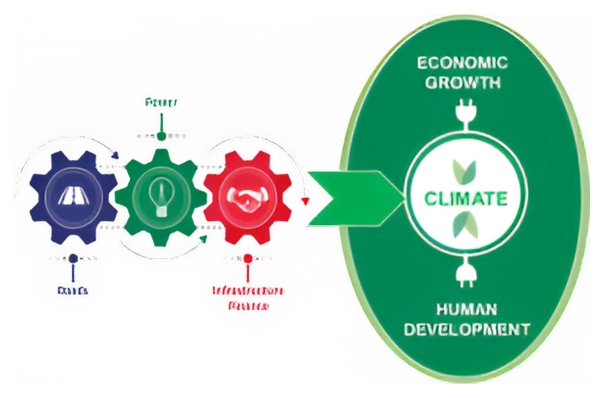
by UKNIAF Admin | Jul 23, 2021 | Blog, Knowledge Hub, Stories of Change
UKNIAF recently shifted its focus entirely to a climate-smart infrastructure programme. Previously, our three components – Power, Roads, and Infrastructure Finance – mainstreamed climate into their work. However, with the pivot, we are now fully aligned with the...

by UKNIAF Admin | Jul 7, 2021 | Blog, Infrastructure Finance, Knowledge Hub, Stories of Change
UKNIAF is a UK Aid-funded demand-led technical assistance programme that helps the Nigerian government deliver socially inclusive, climate-smart infrastructure. Recently, Prof Chidiebere Onyia, the Managing Director of UKNIAF, spoke with Ben Llewellyn-Jones, the...
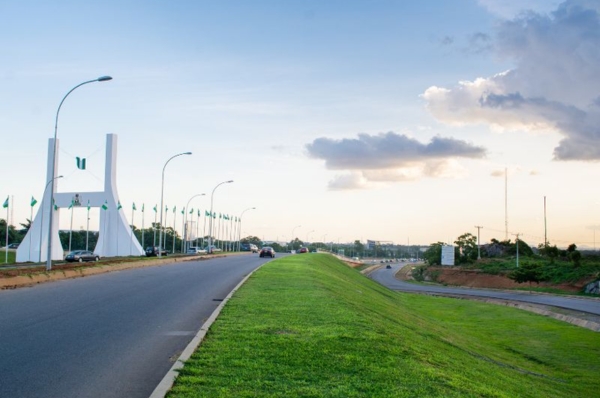
by UKNIAF Admin | May 17, 2021 | Blog, Infrastructure Finance, Knowledge Hub, Poverty & Gender, Stories of Change
Our Infrastructure Finance work focuses on assisting Nigerian agencies responsible for infrastructure with project selection, design, and implementation that ensures this infrastructure benefits a broad range of the population. In this blog, we will explore the tools...
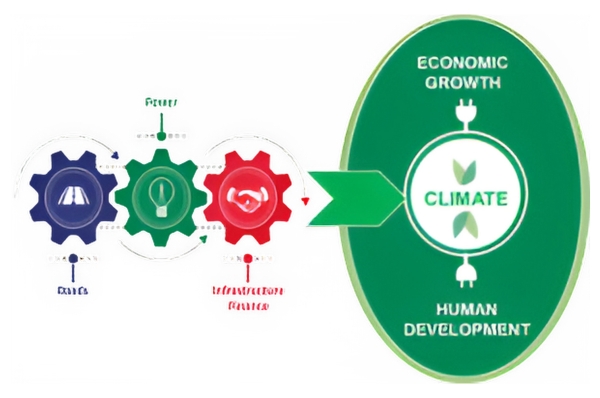
by UKNIAF Admin | Apr 2, 2021 | Blog, Knowledge Hub, Stories of Change
UKNIAF has been designed as an ambitious ‘high-return’ programme to support improved conceptualisation, design, planning and implementation of resilient and inclusive infrastructure in Nigeria.As with other complex environments, Nigeria’s macro-economic condition, the...








